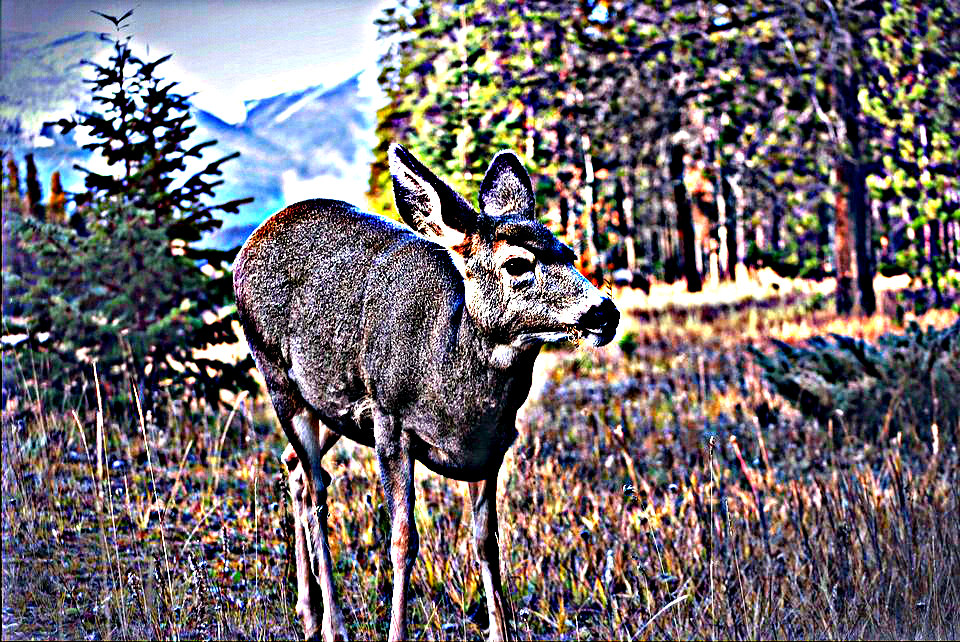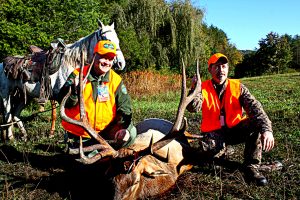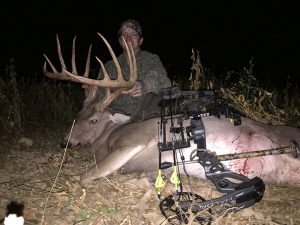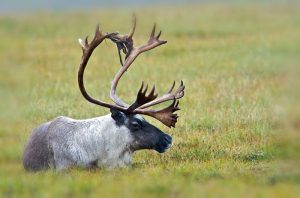Earlier this spring the Washington Fish and Wildlife Commission reduced the number of hunting days for antlerless deer for youth, seniors and hunters with disabilities. These reductions coming after state biologists estimated high losses of whitetail deer in some areas of the state.
The shrinking number of whitetails in Washington is believed to have been caused by last year’s outbreak of Blue-tongue disease, also referred to as epizoodic hemorrhagic disease (EHD). The non-contagious disease is transmitted to cattle, elk, deer and other mammals via small insects called midges, particularly during times of drought.
If your memory needs a jog, this is the same disease that swept the United States back in 2012, decimating a large portion of whitetail deer herds across the country. Much like we are seeing today in Washington State, wildlife officials were forced to alter hunting seasons in heavily affected areas back then as well.
The proposal outlines additional restrictions for the 2016 antlerless harvest for both archery and muzzleloading seasons in the northeastern region of the state. It’s expected that the archery season would be reduced to only a handful of days this fall and the muzzleloader season will be scrapped all together in 2016.
“The proposed rule would make antlerless whitetail seasons the same as back in 2012,” Mike Cope, big game program manager for the state told the Spokesman-Review.
Many expect reduced opportunities for senior, disables and youth hunters in specific areas of the state as well.




